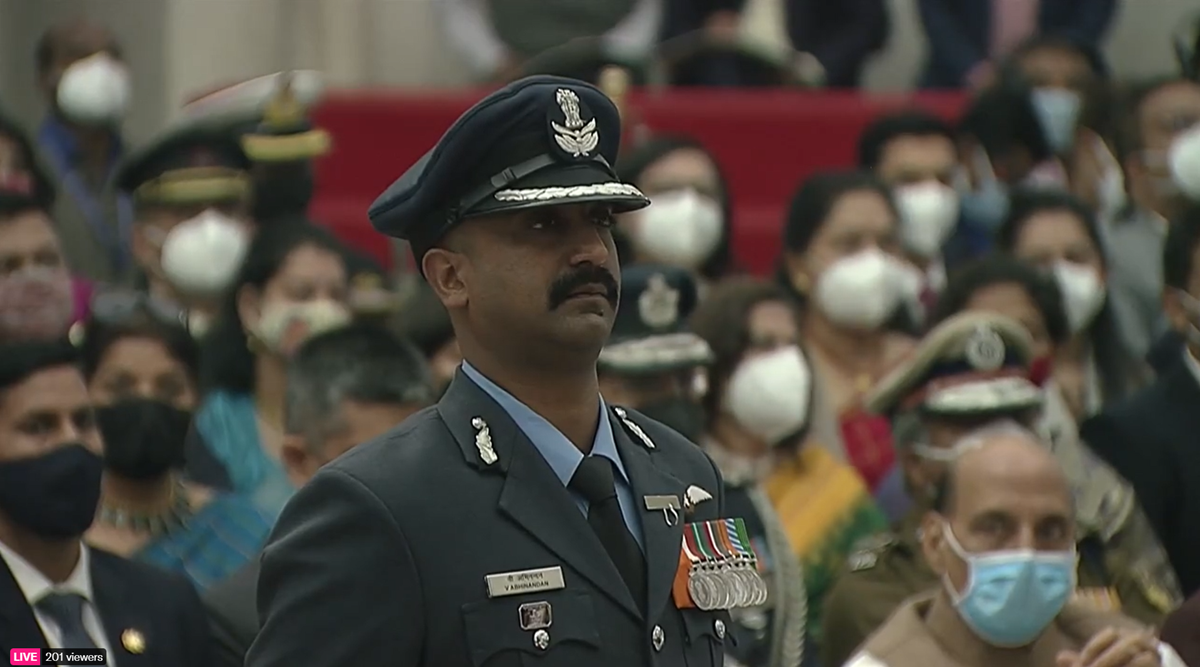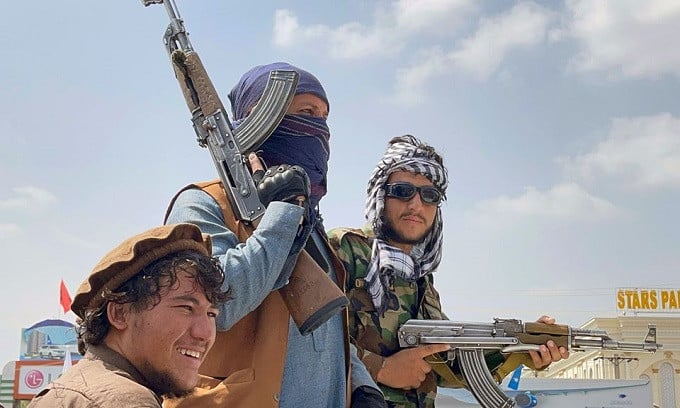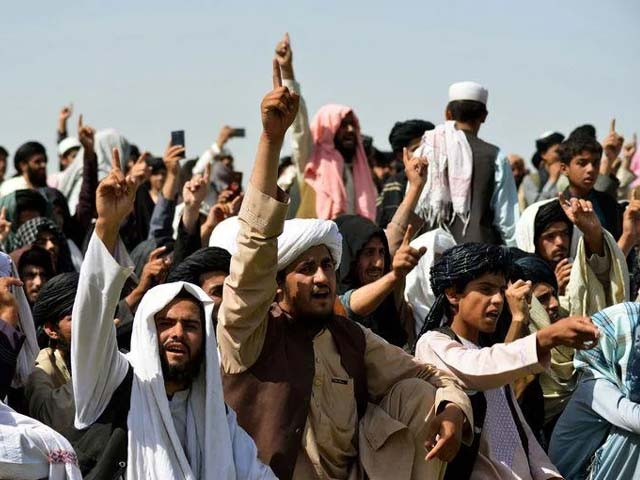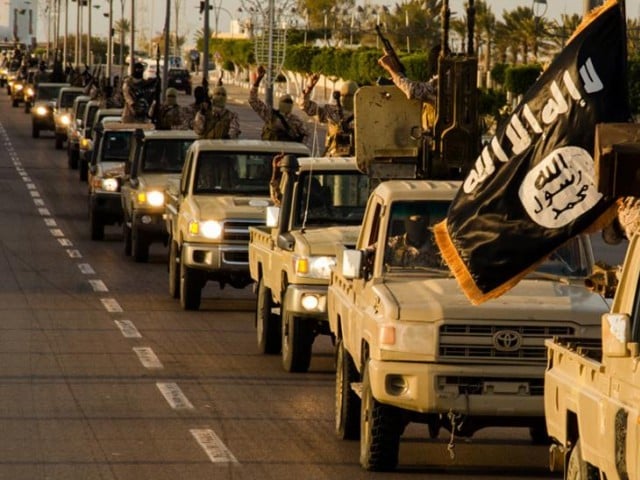
Why is Abhinandan being awarded by India at this point in time?
Indian President Ram Nath Kovind awarded Group Captain Abhinandan Varthaman the Vir Chakra military honour for supposedly shooting down a Pakistani F-16 during the air battle in late February 2019 that resulted in he himself infamously being shot down, taken captive, sipping “fantastic” Pakistani tea, then later being released as a goodwill gesture. New Delhi claimed at the time that he shot down a Pakistani jet before everything else happened but this was denied by Islamabad and all objective international observers, including India’s newfound American ally. In other words, India just gave its third-highest military award to someone on the basis of a literal conspiracy theory.
It’s certainly odd that the South Asian state waited over two and a half years to do this. One would have thought that they’d have done it shortly after he returned to India had there been any factual basis to the government’s official narrative. This raises the question of why Abhinandan is being awarded at this particular point in time, which is what the present analysis sets out to answer. For starters, seeing as how factual evidence was never presented to back up the claim that he shot down a Pakistani F-16 and this narrative was actually contradicted by unnamed US officials speaking to the influential Foreign Policy magazine at the time, India likely feared widespread mockery if it awarded him right away.
Its decision makers probably figured that it would be better to do so at a later date once the clashes receded from the global consciousness and there was a “politically convenient” reason to revive their conspiracy theory. That would have been a sensible calculation seeing as how counterproductive it would have been for India to be so widely mocked on the world stage if it did this right after Abhinandan returned home. With this understanding in mind, it’s now time to turn to why this particular point in time was chosen as the most “politically convenient” moment as opposed to prior ones or even sometime later in the future.
Right now the ruling Hindu nationalist BJP is on a domestic and international losing streak. At home, not only is its economy seriously struggling as a result of both the COVID-19 pandemic and the government’s unsatisfactorily fulfilled reforms, but Prime Minister Modi backtracked on his contentious farm laws after over a year of unprecedented protests against them. This was regarded as hugely embarrassing for the BJP. Internationally, India remains mired in a fierce territorial dispute with China. The People’s Republic recently released embarrassing footage of the Indian troops that it captured during summer 2020’s clashes over the Galwan River Valley to contradict New Delhi’s fake news about that incident.
Furthermore, India lost all of its influence in Afghanistan after completely evacuating the country following the Taliban’s return to power there in spite of investing over $3 billion in hundreds of socio-economic projects in literally every one of its provinces over the past two decades. Afghanistan functioned as so-called “strategic depth” against Pakistan as Indian decision makers conceptualised it so this enormous geopolitical setback coupled with the recent humiliation of their military by China after their own officials provoked it through their fake news created extremely uncomfortable optics for their country’s regional prestige.
It should therefore have been expected in hindsight that India would seek to distract its public from these domestic and international setbacks by staging a high-profile stunt aimed at rallying the nation behind their leadership. The easiest way to do so was to revive their literal conspiracy theory about Abhinandan shooting down a Pakistani F-16 over two and a half years ago. This was supposed to inspire an orgy of nationalist sentiment at that could at least temporarily relieve growing grassroots pressure upon the BJP. The purpose is to flood the media with revisionist historical interpretations, provoke another manufactured controversy with Pakistan, and thus deflect from India’s recent setbacks.
It’s too early to say whether this stunt will be a success but its prospects nevertheless aren’t too promising. There’s only so long that this discredited conspiracy theory can remain on people’s minds no matter how hard the BJP tries to milk this false narrative for its entire political worth. At most, it’s expected to be talked about for maybe a week or two and then quickly forgotten until the anniversary of the February air clashes when it’ll likely be brought up on a yearly basis in order to downplay the fact that India lost that undeclared war. Should that be the case, then the BJP might soon have to stage another similar such stunt if this latest one doesn’t succeed in distracting the public for all that long.




COMMENTS
Comments are moderated and generally will be posted if they are on-topic and not abusive.
For more information, please see our Comments FAQ